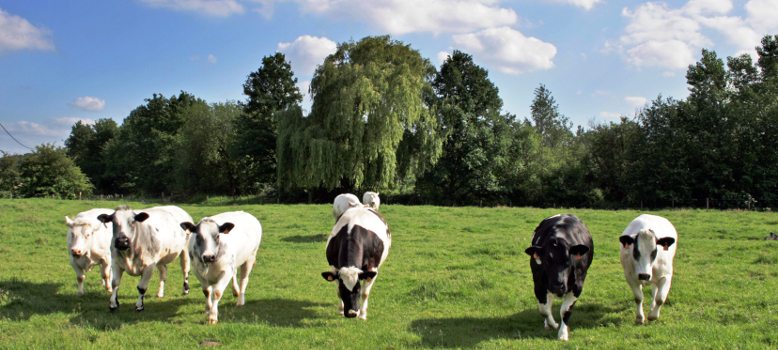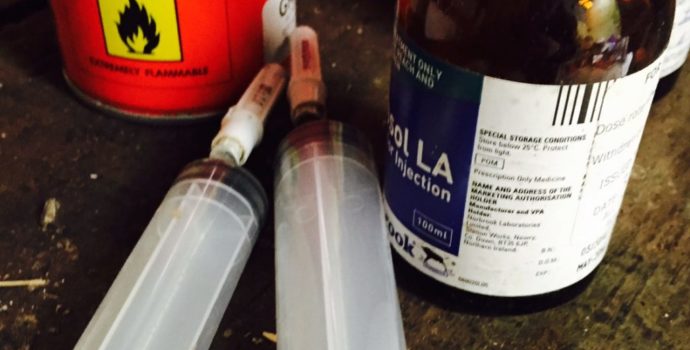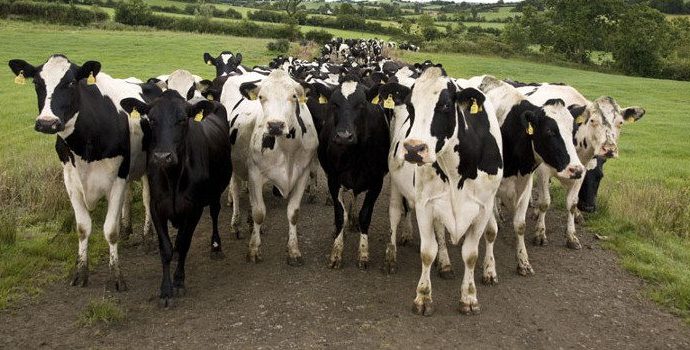Co-ops Must Be Steadfast in Face of Short Term Negative Dairy Market Sentiment

IFA National Dairy Committee Chairman Sean O’Leary has called on Irish co-ops to remain resolute in the face of the current market uncertainty, and to be judicious in their milk price decisions to avoid creating panic among farmers and excessive pressures on their cash flow.
Mr O’Leary said the seasonality of Irish milk supplies, and the likely reduction in avoidance of superlevy fines, will minimise the exposure of co-ops to lower dairy prices this autumn. He also called on the EU Commission to take further decisive action to help deal with the impact of the Russian ban, as such action can help turn around negative market sentiment much faster.
“It is important that, in the face of the current market uncertainty, co-ops would avoid cultivating nervousness among farmers by talking down milk prices excessively, at a time when confidence is crucial, and the long term prospects of dairy markets remain as positive as ever,” Mr O’Leary said.
“Co-ops have by now sold most of this year’s product, and fresh supplies will start dropping dramatically in anticipation of large superlevy fines. The best way for co-ops to promote long term confidence is for them to make and communicate judicious and careful milk price decisions over the next few months, so that farmers can see their milk prices end 2014 at reasonably firm levels,” he said.
“The current market downturn has been exacerbated by the Russian ban, but this will be worked around by traders. However, they need support from the EU by way of further decisive action, to deal with the consequences of geopolitical decisions they had no part in,” he said.
“Market sentiment could be improved dramatically and quickly if the EU, as well as opening APS, were to review the “safety net” intervention levels to ensure they keep pace with production cost inflation trends. The EU Milk Market Observatory data shows that production costs have risen frequently up to 20 and 30% above the 2007 base in the last 2 years, yet intervention prices have not changed since 2008,” he said.
“The Commission must also work hard to help the traders affected by the Russian ban in seeking alternative destinations, including by providing carefully targeted export refunds. Such action would send a clear message to global buyers that current commodity prices are reaching unsustainable levels, and will not be tolerated”, he concluded.




